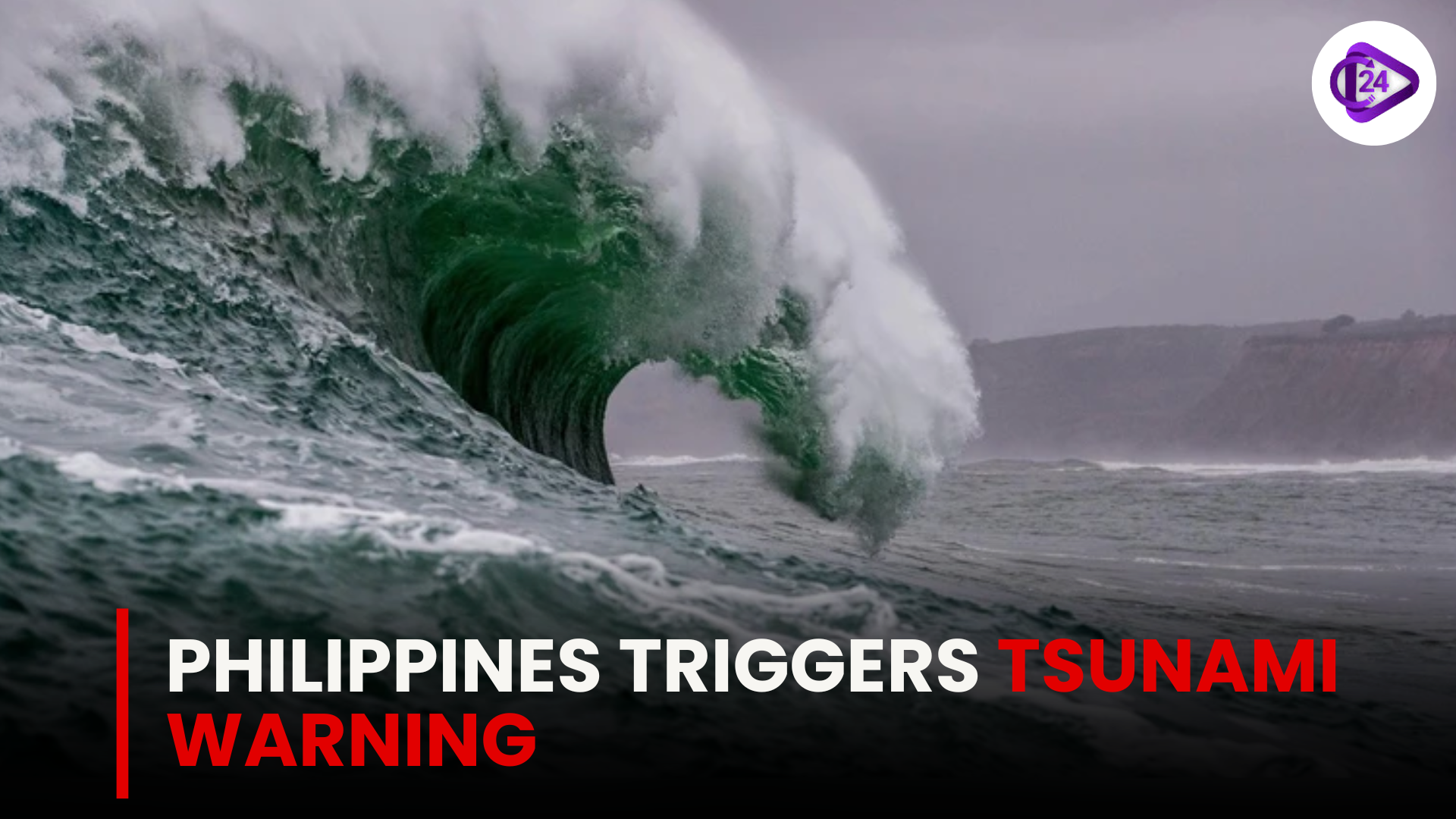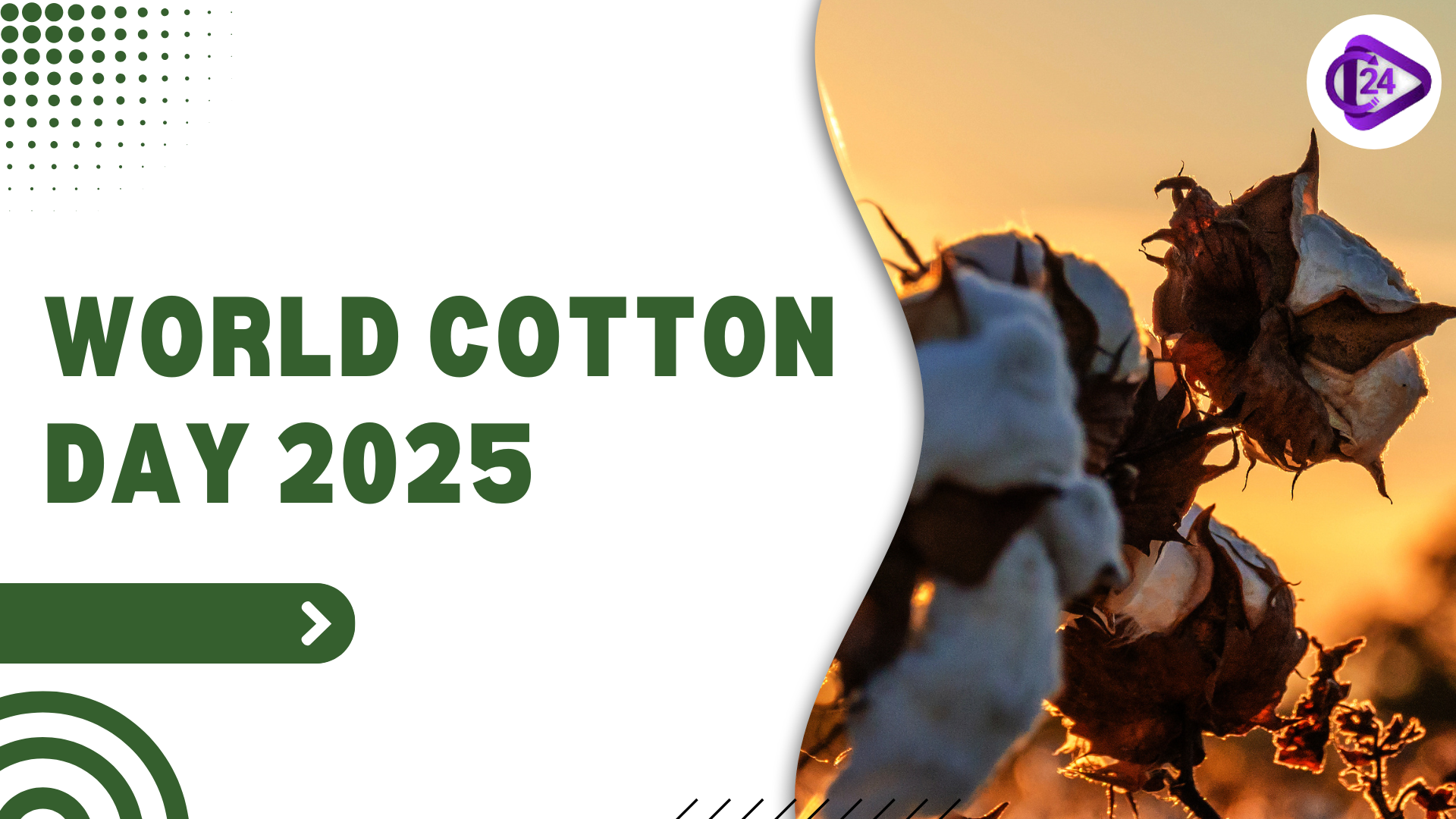
Russia is the first country to recognize the Taliban as the legal government of Afghanistan since the group came to power in 2021. Such a diplomatic change has been met with criticism especially with regard to atrocious human rights abuse and especially by the Taliban against women and girls. Though the official explanation to the recognition of Russia is specified as a strategic decision to strengthen the commercial and diplomatic relationships, this fact creates concerns regarding the attempts to legitimise the totalitarian regime and general consequences on the international peace and security system.
Context
-
The fact that Russia had accepted the Taliban government as a sign of international change in its diplomacy.
-
Though considered as the opportunity of trade and business association, the move has attracted the world as critics evaluate the oppressive policies of the Taliban and abuse of human rights.
-
Implications of the move are multifaceted with regards to the state of peace and security in the world, and they may affect the attitudes of other countries towards Taliban.
Key Points
Geopolitical and Strategic Reasons
-
Russia wants to gain its influence in Central and South Asia by covering the gap created by the Western powers.
-
Recognition provides a chance of bilateral cooperation in the sphere of energy, trade, transport and infrastructure.
-
It can also assist Russia in resisting western sanctions through a new alliance in the region.
Historical Background
-
Afghanistan shared a volatile relationship with Russia (then USSR) that posed a 9 year war (1979-1989 ) that had ended disastrously.
-
Nevertheless, the normalization with the Taliban has been taking place since 2018, with successful diplomatic contact between both sides.
Human Rights and Democreatory Matters
-
Renewed fighting between the Taliban regime and U.S prepared troops on one hand and the non-recognition of the Taliban regime by the global community on the other hand are reasons why:
-
Systematic abrogation of women rights (prohibitions against education, work and movement).
-
The oppression of political dissidents and freedom of speech.
-
The action of Russia is considered as justifying a regime facing gender apartheid accusation (UN term).
International Reactions
-
The recognition has been severely condemned by Germany, the United Nations and other democratic countries.
-
The fact that there are concerns of normalizing authoritarian regimes can influence the work of human rights advocates on a global level and diplomatic pressure.
Security Implications in a Region
-
There is still the risk that the Taliban will turn Afghanistan into a haven of extremism.
-
The international leverage on Russia on behalf of the Taliban could be limited by the recognition of Russia on matters regarding terrorism and human rights.
-
It can also stimulate other states (e.g., China, Iran, Pakistan) to do the same, which might change the diplomatic isolation in the country of Afghanistan.
Humanitarian and Economic Aspects
-
Afghanistan faces:
-
Serious state of economic crisis
-
Assets under sanction ($~9 billion) have been frozen.
-
-
Humanitarian distress
-
The contribution by Russia would bring business reprieve, but critics allude to it being a boost to a non-accountable regime.
-
Effect on India
-
India had always been on the side of democratic forces in Afghanistan and has never recognized the Taliban.
-
The move by Russia can create a problem in the region with Indian strategy and also have to readjust its foreign policy.
Legal Problems
-
The idea of a government that acquired its power without people approving it, without free elections or common agreement violates international standards of democracy and appreciation of the rule of law.
-
Calls into question precedent-setting in the international recognition policy.
Conclusion
Russia has indicated that the Taliban government is the official government and this is a controversial change of global diplomacy. Although it has geopolitical and economic interests behind the decision, it may be dangerous to international activities of trying the Taliban on human rights abuse, particularly, against women and minorities. This determination may precondition the further international approach towards authoritarian regimes and increase the gap between the interests of strategy and human rights issues in the foreign policy.



 Palau Hosts World’s First Live Underwater Interview: A Historic Event
Palau Hosts World’s First Live Underwater Interview: A Historic Event First Indian Mrs Universe 2025: Sherry Singh’s Inspiring Journey and Triumph
First Indian Mrs Universe 2025: Sherry Singh’s Inspiring Journey and Triumph India Promotes PM-KUSUM Solar Scheme to Boost Africa’s Renewable Energy Goals
India Promotes PM-KUSUM Solar Scheme to Boost Africa’s Renewable Energy Goals Hungarian Author László Krasznahorkai Wins 2025 Nobel Prize in Literature
Hungarian Author László Krasznahorkai Wins 2025 Nobel Prize in Literature Philippines Earthquake Triggers Tsunami Warning: Coastal Areas Urged to Evacuate
Philippines Earthquake Triggers Tsunami Warning: Coastal Areas Urged to Evacuate Starmer arrives in India with a large business delegation in tow
Starmer arrives in India with a large business delegation in tow Nobel Prize in Physics 2025 Awarded to Three Leading Researchers
Nobel Prize in Physics 2025 Awarded to Three Leading Researchers Physiology & Medicine Nobel 2025: Winners, Discoveries, and Significance Explained
Physiology & Medicine Nobel 2025: Winners, Discoveries, and Significance Explained World Cotton Day 2025: International Awareness About Cotton and Its Benefits
World Cotton Day 2025: International Awareness About Cotton and Its Benefits India, Bhutan Approve First Rail Link Project
India, Bhutan Approve First Rail Link Project






